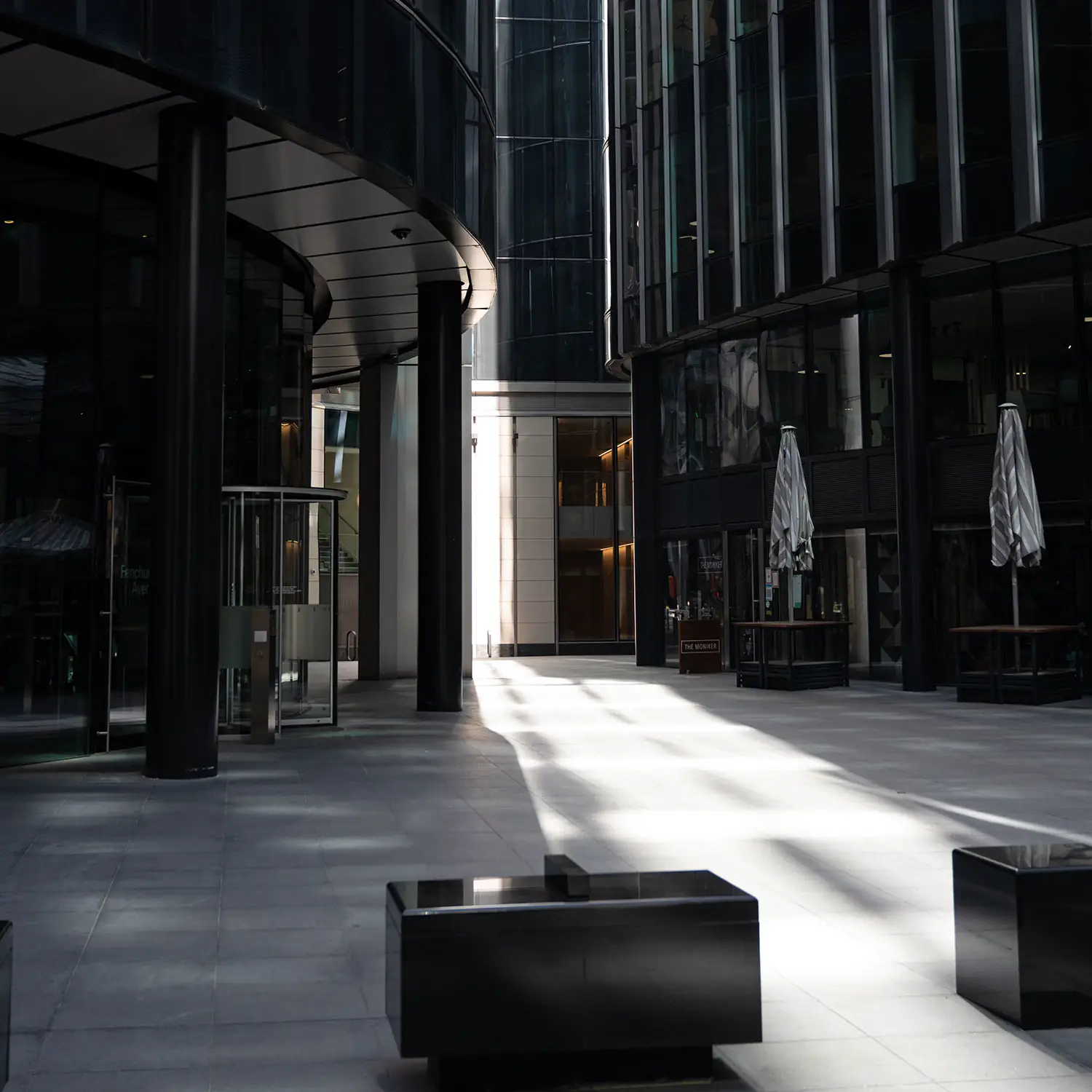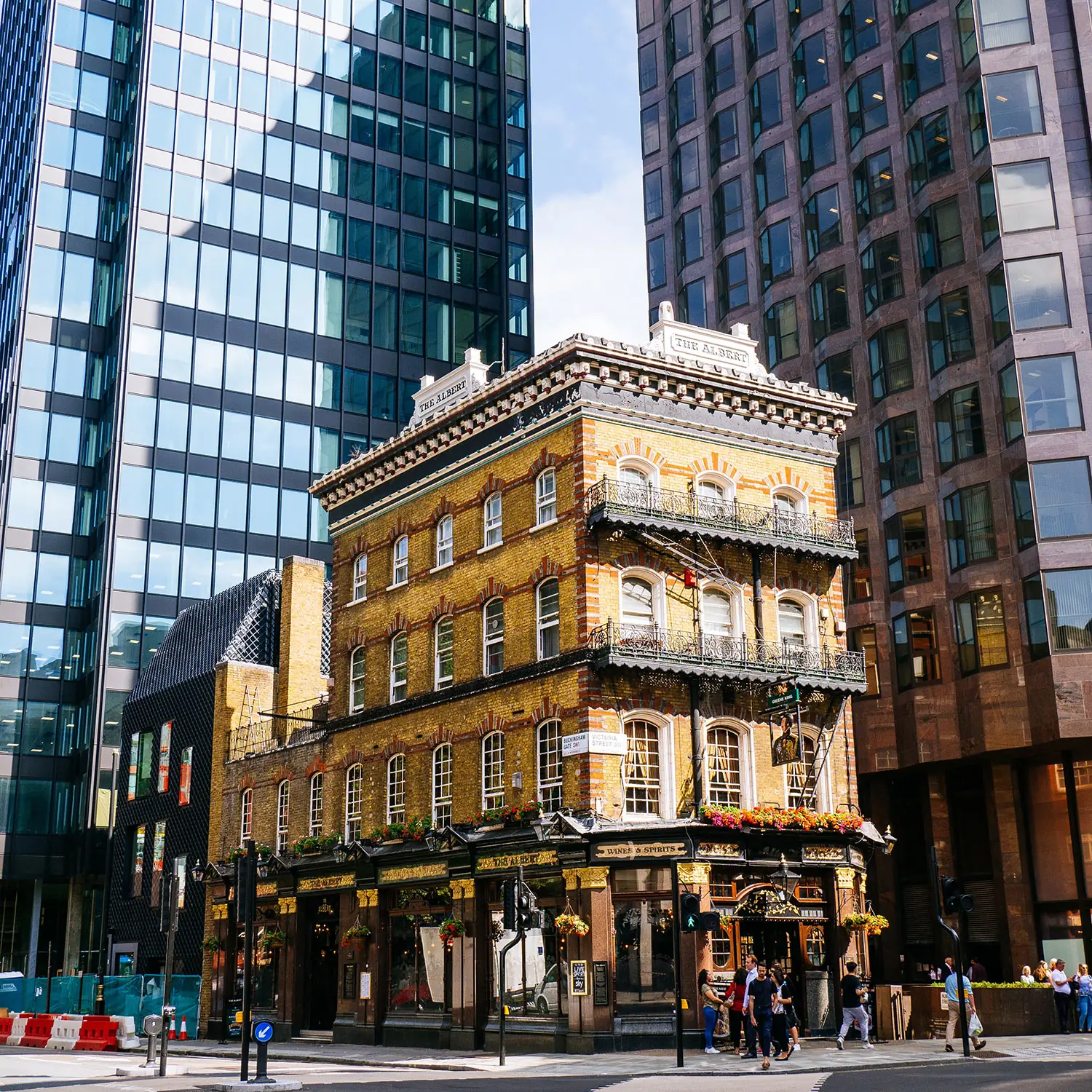CaPex: How to Reduce it in Portuguese Real Estate
You don't have time to read? Now you can listen.
Following our article published last week, we decided to focus on one of the most important components of asset conversion - CapEx. Capital Expenditure, universally known as CapEx, are funds used by a company to acquire, update and maintain physical assets, such as properties, factories, buildings, technology or equipment.
With regard to the repositioning of assets, it relies in the ability to balance the technical improvements of the repositioning of the asset while, at the same time, minimizing costs in order to obtain the highest possible profitability. It is precisely at this stage that many deals achieve notorious returns or, on the other hand, become financial nightmares.
But what does it take to achieve a competitive CapEx in the Portuguese market? TOTE SER responds with two words: Local Partner. Having a Local Partner provides unparalleled business quality when it comes to investment because it's done alongside someone with extensive experience in the market in question. Regarding CapEx, this partnership translates into a set of contacts between suppliers, developers and constructors, and relationships with the licensing entities which are, in the vast majority of cases, unattainable otherwise. It's this set of details that make a big difference in the "sellability" of the property. This type of knowledge, which can only be the result of extensive experience in making real estate investments, translates, for example, in knowing the difference between buying one building which can be a successful business and buying another building on the same street that can be a total failure.

Photo by Harry Shelton in Unsplash
This necessity for local partnership has been progressively accentuated also due to the growing trend of asset repositioning. Since these types of projects include, in many cases, total changes in typologies and even at the structural level, there's a need to have a vast network of professionals in the most varied areas. These guarantee the quality of the project and provide bureaucratic facilities associated with it, as well as knowing the modus-vivendi of local users and whether it matches the status of demand by users / buyers.
Robert Stamm, executive director of Savills, further supports this trend: "We saw an example of this when we advised Deka Immobilien on its recent acquisition of a retail condominium on Fifth Avenue in New York. Deka Immobilien, a German fund, has partnered with well-known local market expert Ashkenazy to form a strategic partnership, which provides the basis for the two companies to replicate this success in future opportunities". The most recent example in Portugal is the partnership between Quintela & Penalva and one of the most prestigious multinationals in the real estate sector, Knight Frank.
On the same hand, Russell Platt, CEO of Forum Partners stated that they choose to work with partners in all parts of the world. This is because even in markets that you know very well, there is always someone with better local access and more targeted experience that can add value to us.
As the world becomes flatter and real estate becomes more global, the knowledge of local partners becomes crucial because the key to good financial results lies in the perfect adaptation of supply with demand for the location. Investors simply do not have the internal resources to know every corner and nook of each market in which they invest, which are acquired with the experience of those who do this in their day-to-day as their professional activity.

Photo by Jānis Beitiņš in Unsplash
The performance of the investment is becoming increasingly dependent on its execution. This is due to the decreasing opportunities of making money on "buying" as the markets reach an increasing appreciation. The great profitability lies in the execution of the project, with a greater focus on maximizing quality and, on the other hand, minimizing associated costs.
The chemistry between both parties is also another crucial factor for a successful investment. Understanding the core of a company from an early stage allows you to quickly understand the intended objective, creating a highly efficient synergy and contributing to a relationship of total trust and intimacy between the two parties - your "scouts" speak the "same language".
This is exactly what TOTE SER has been doing for decades in the Portuguese market. The CEO of TOTE SER, Architect Helder Pereira Coelho, further stresses the importance of this aspect so characteristic of the Lisbon experts: "thinking from the first moment in what our partner values is crucial, mainly because it's possible to save time and resources, projecting everything that will translate into higher quality of execution with the lowest cost and time, enabling a highly differentiating profitability. Of course, this is not an easy task given the diversity of the assets but the development of this chemistry at an early stage provides an increased synergy that translates into the best results".